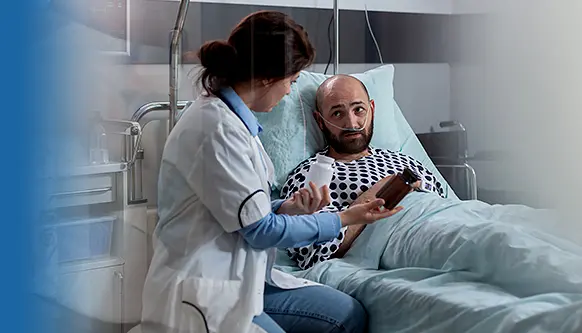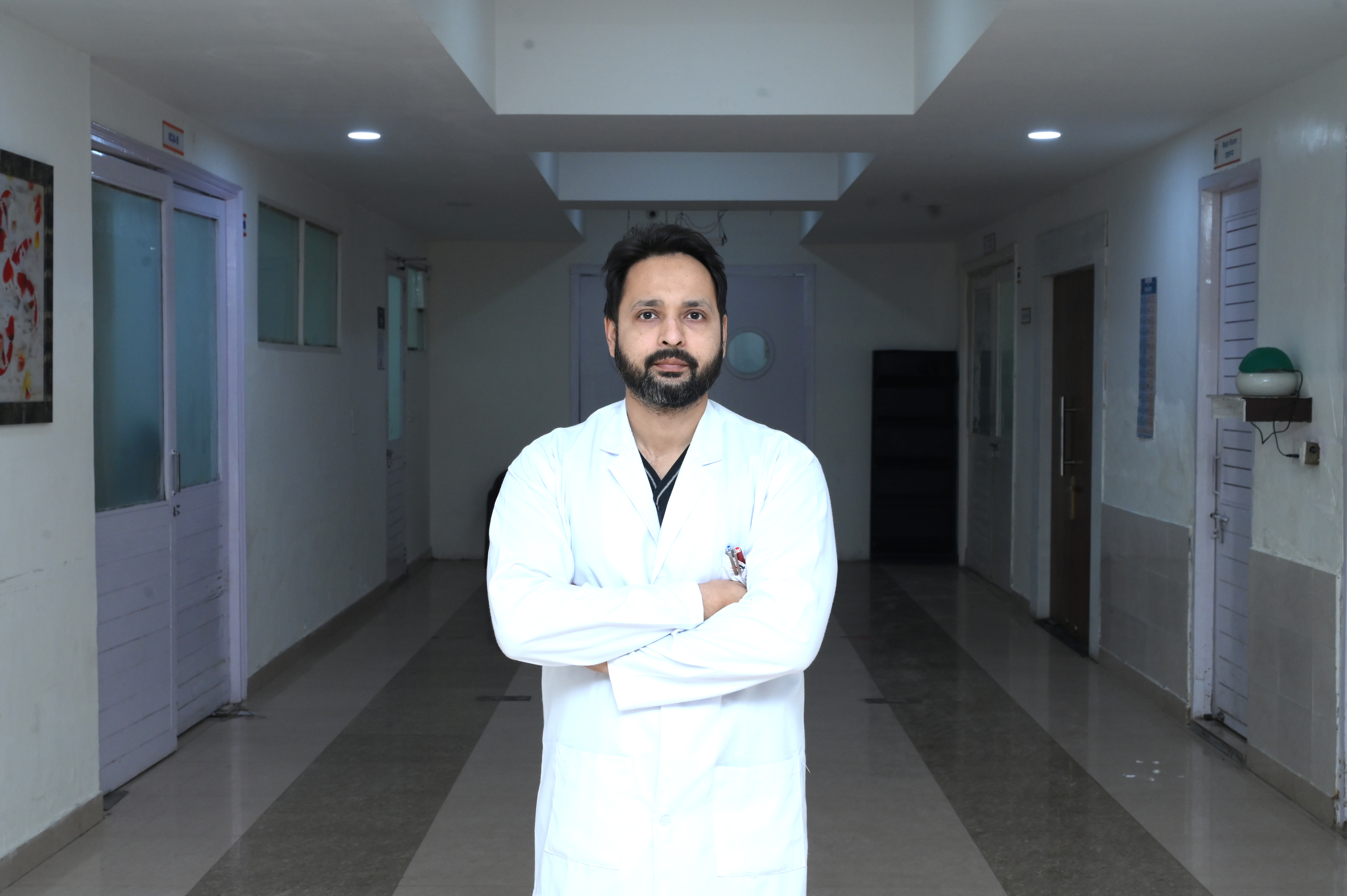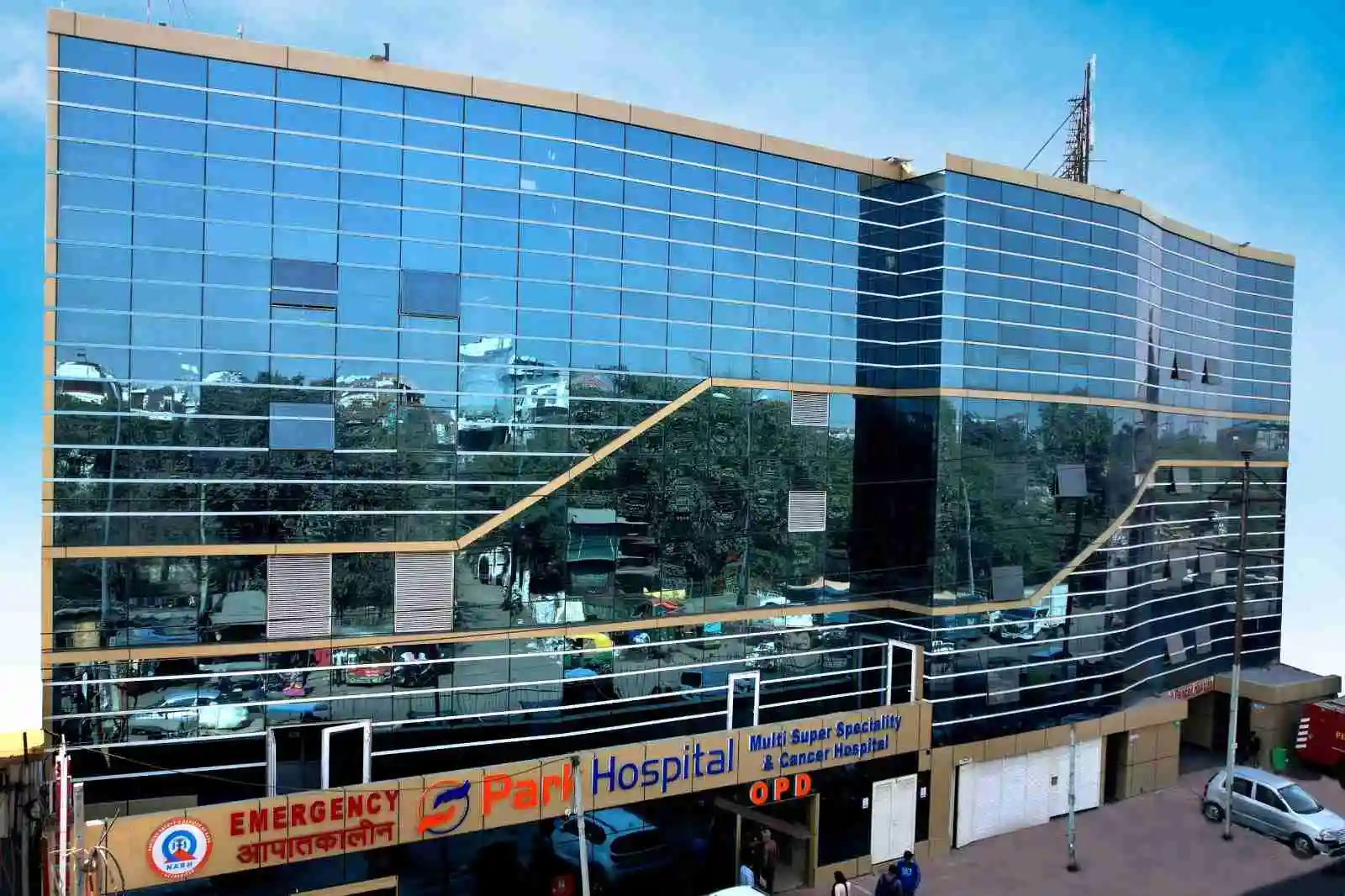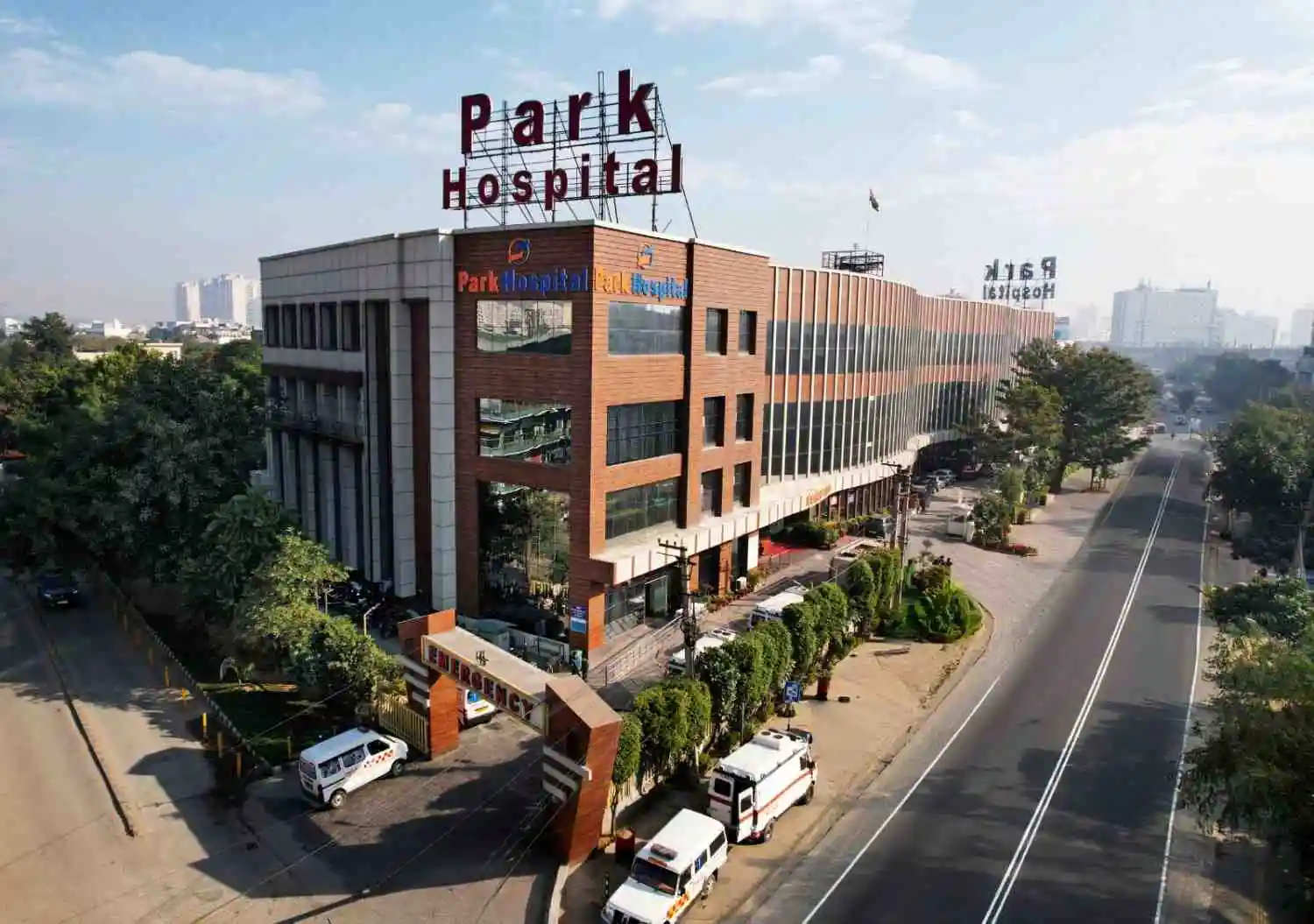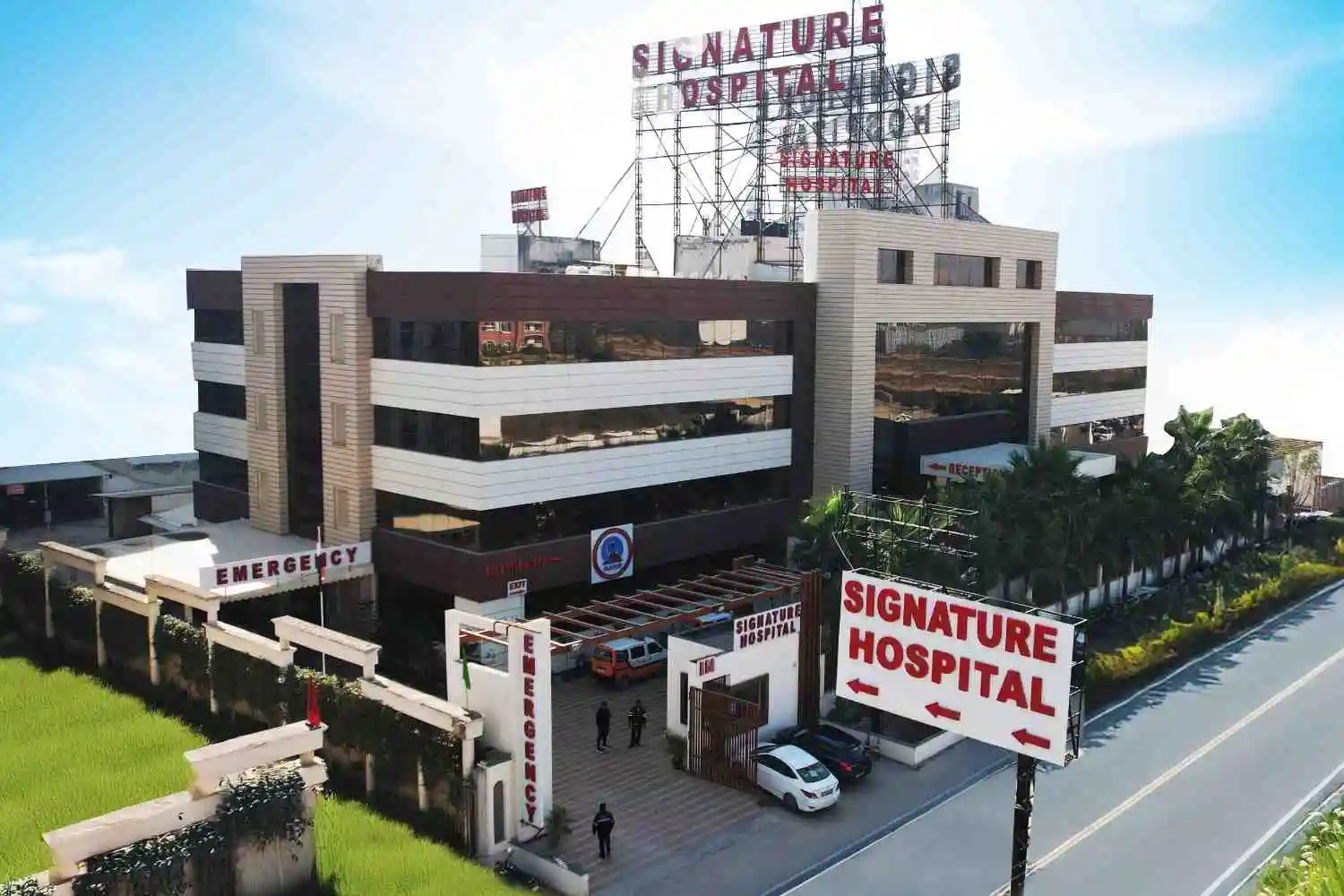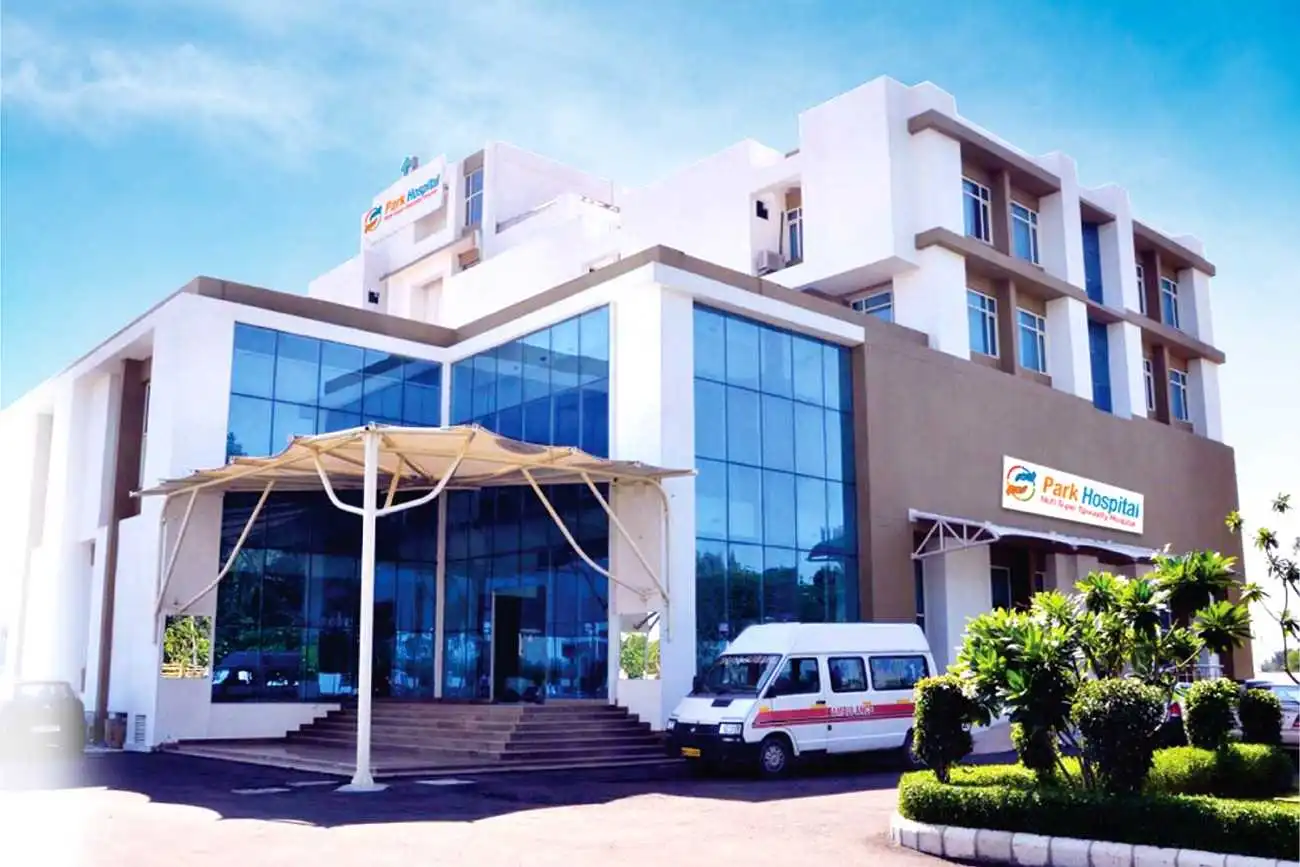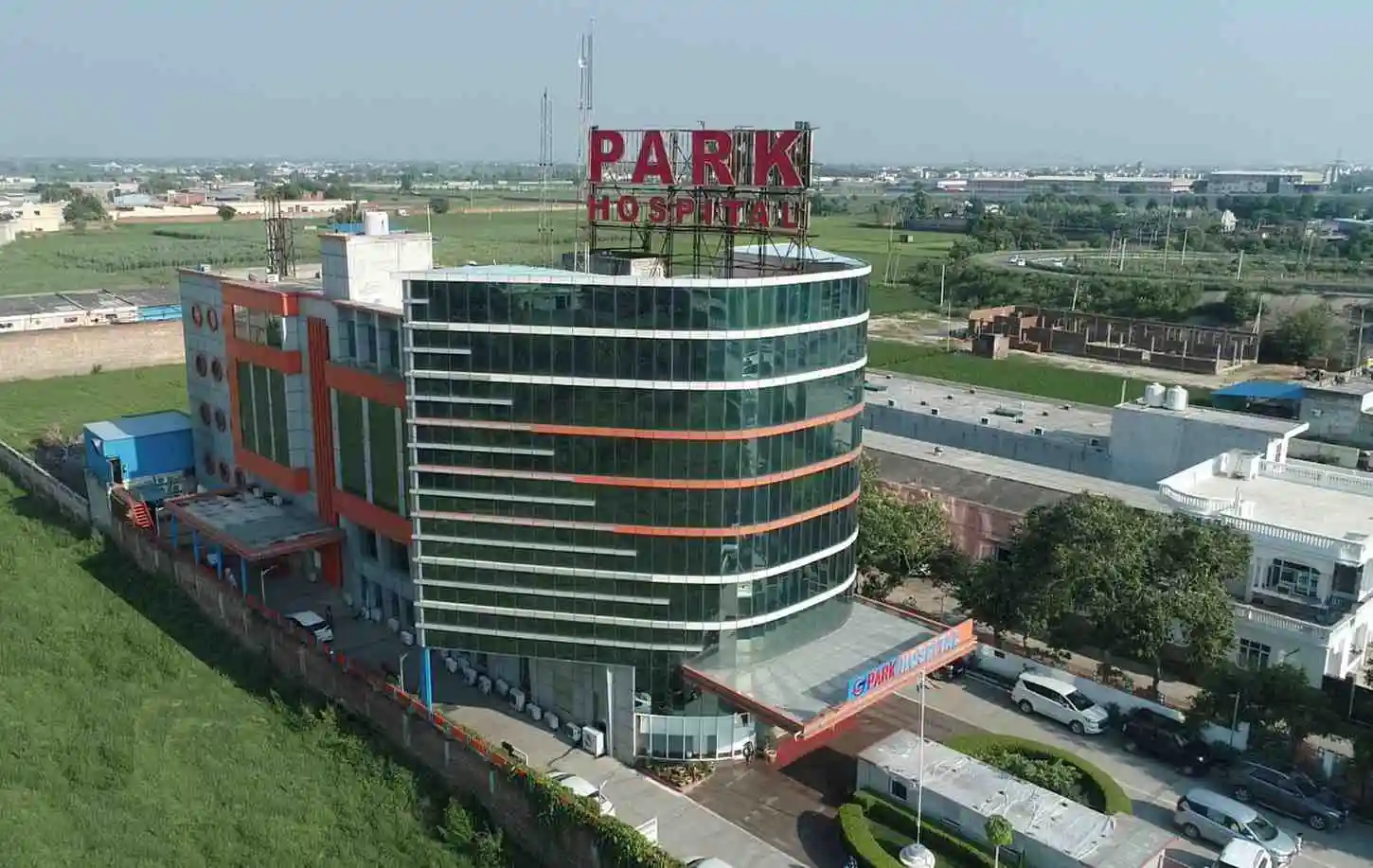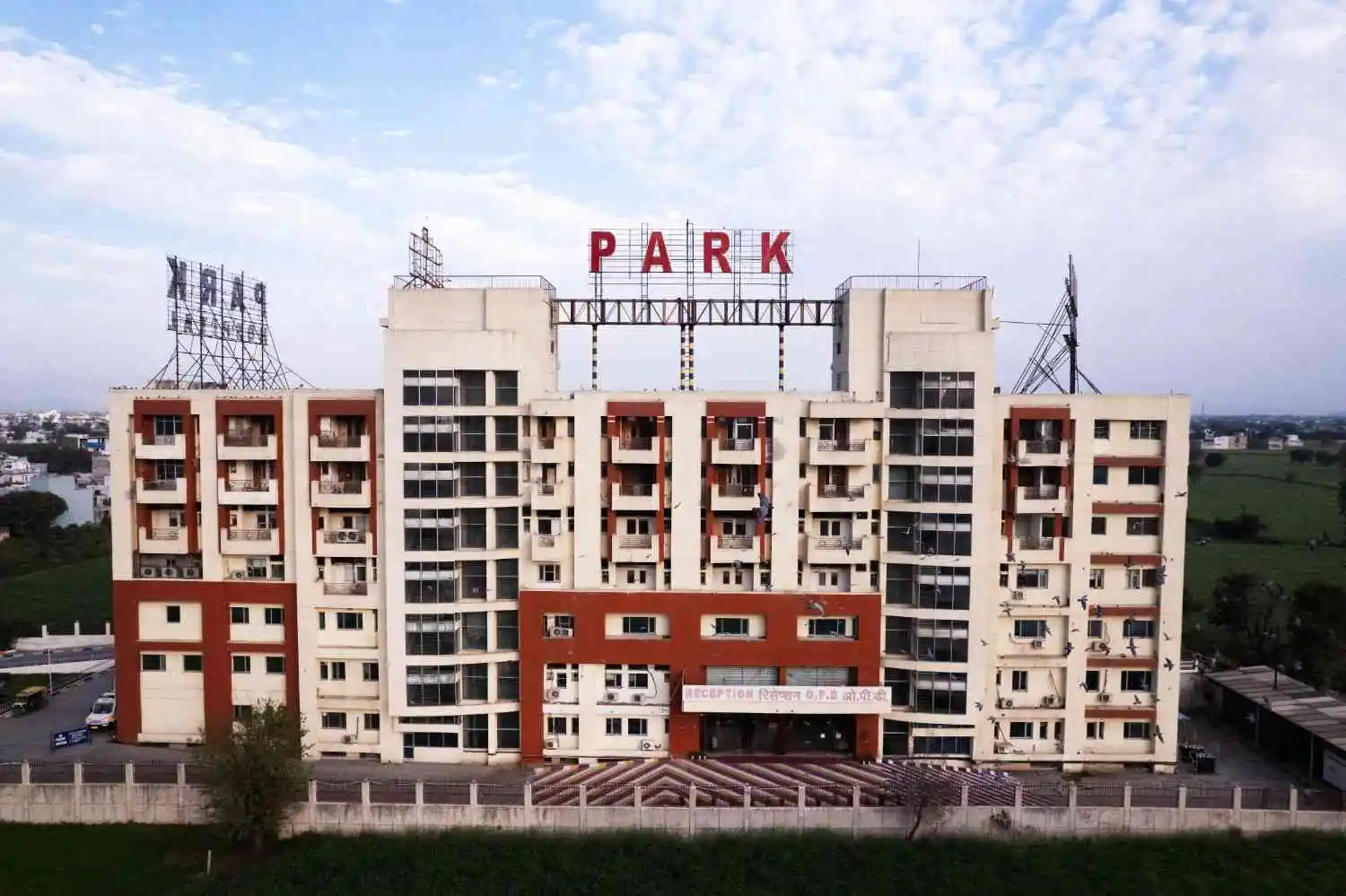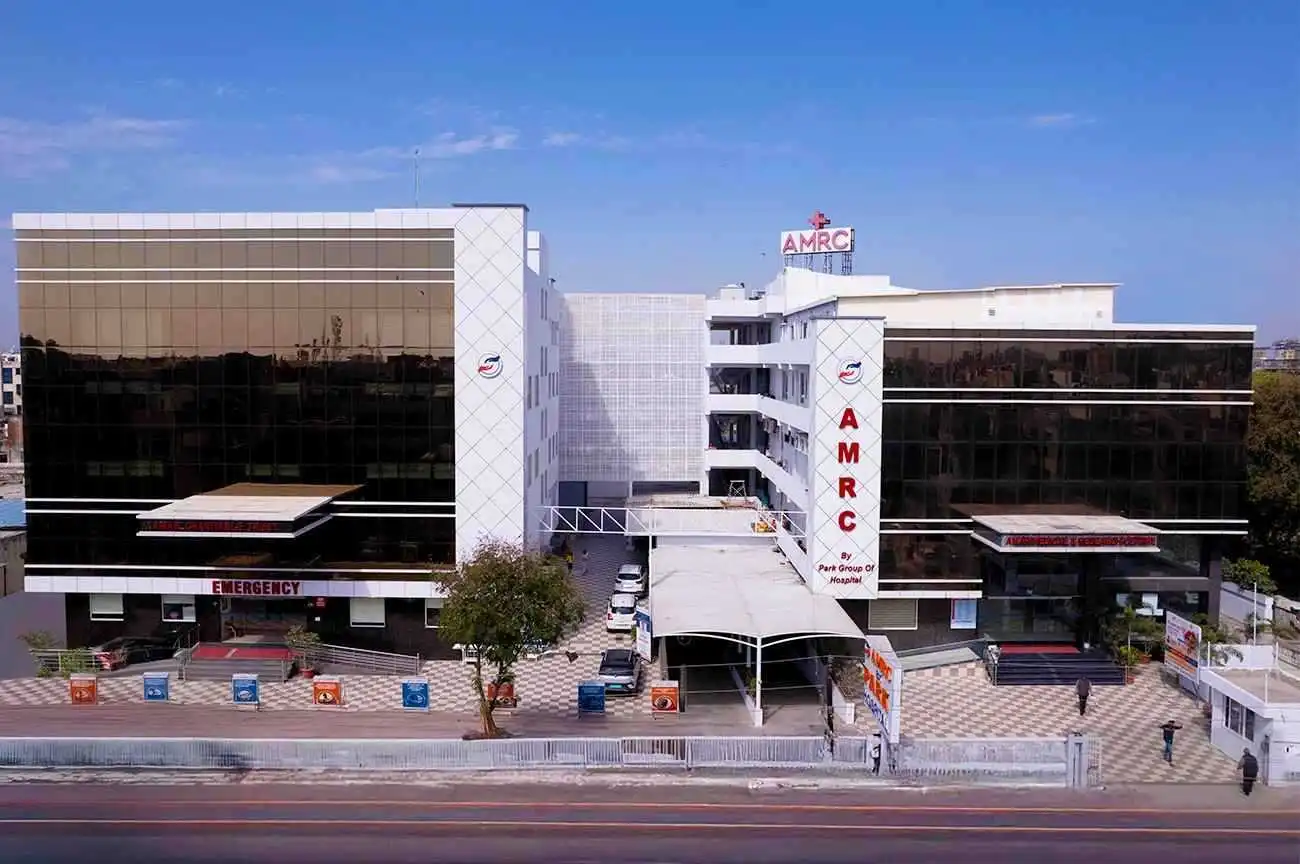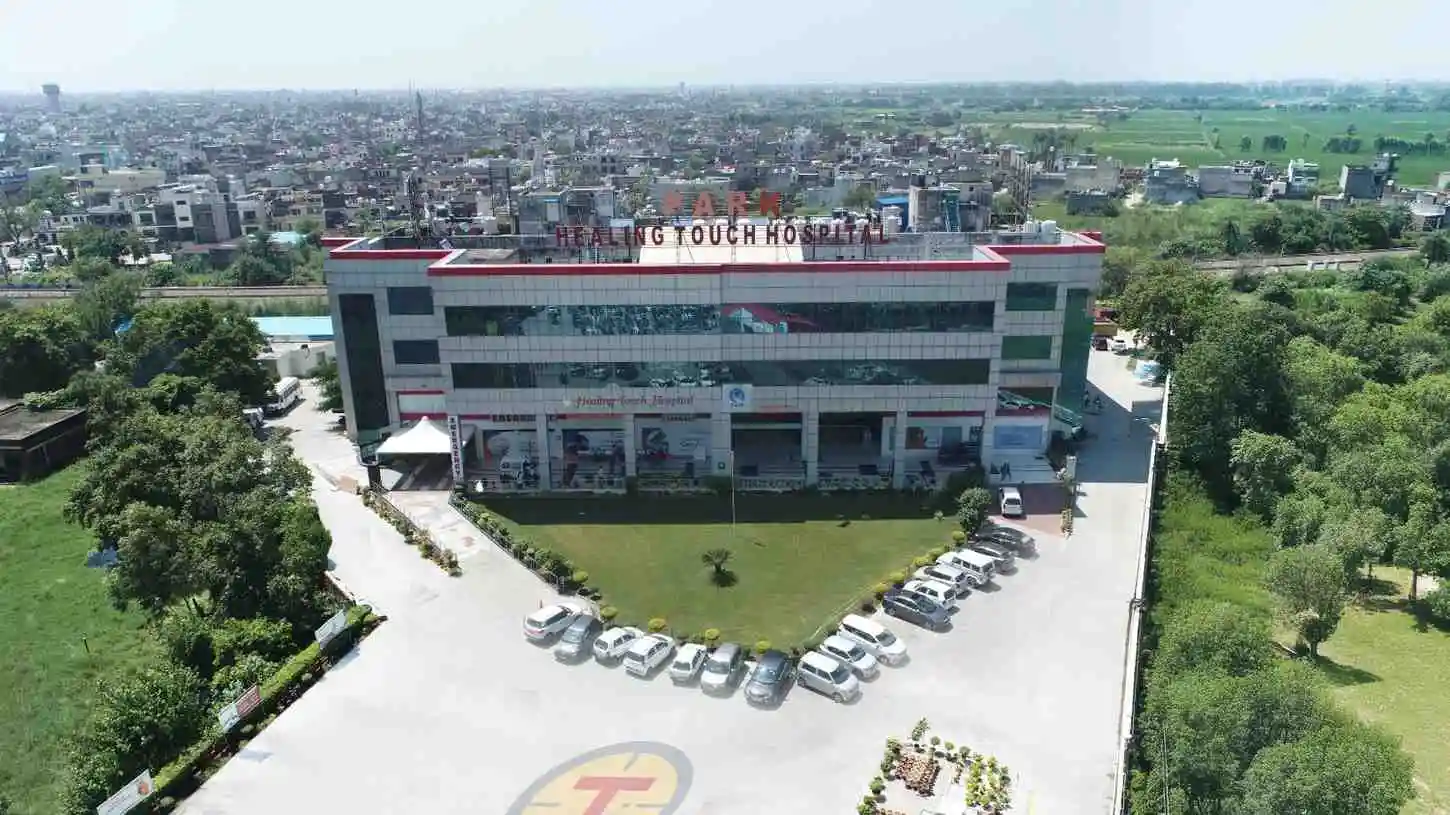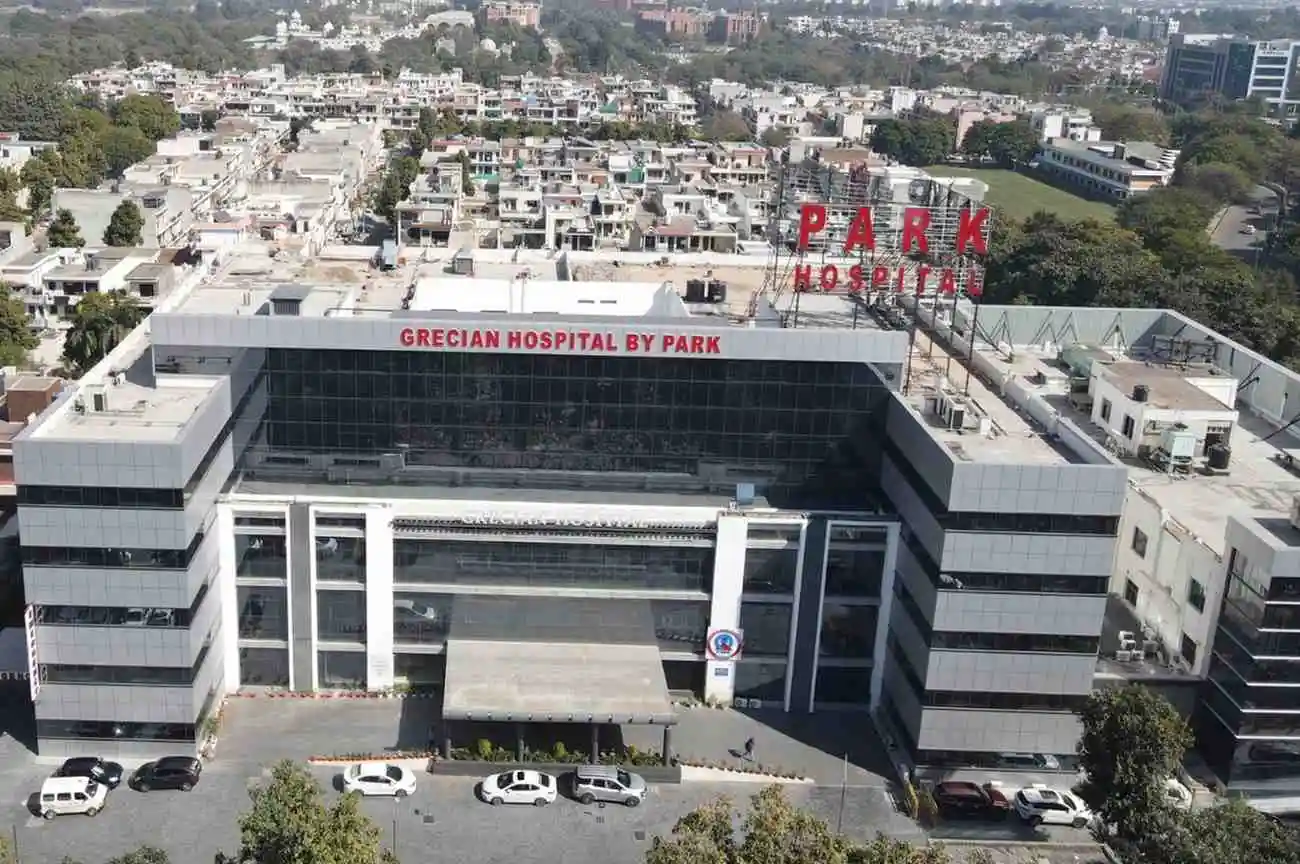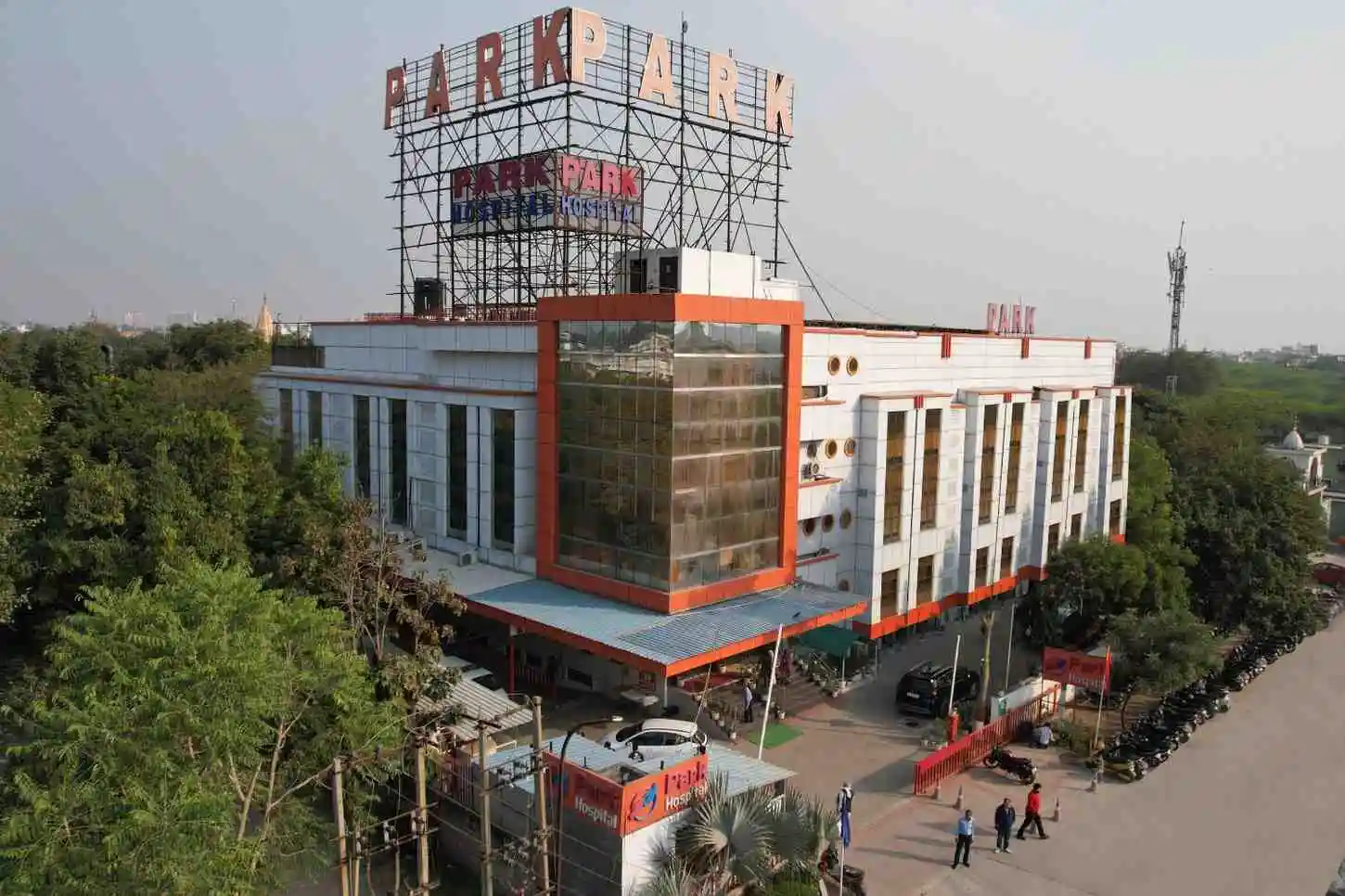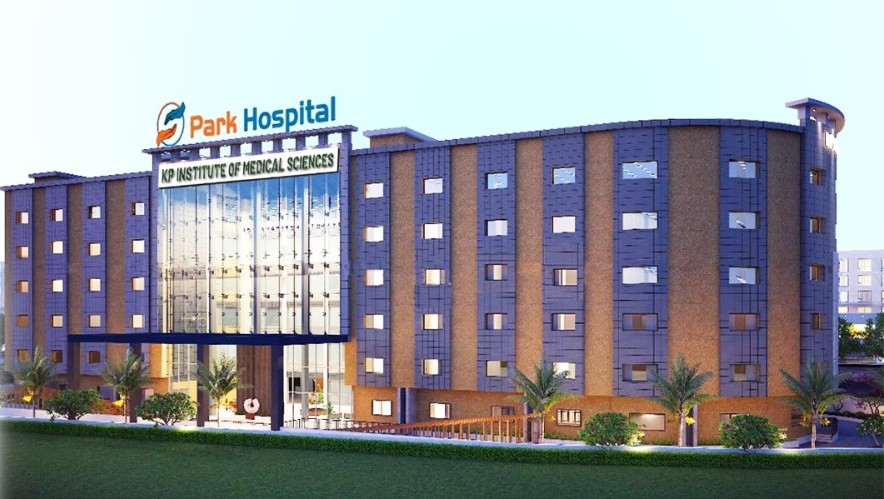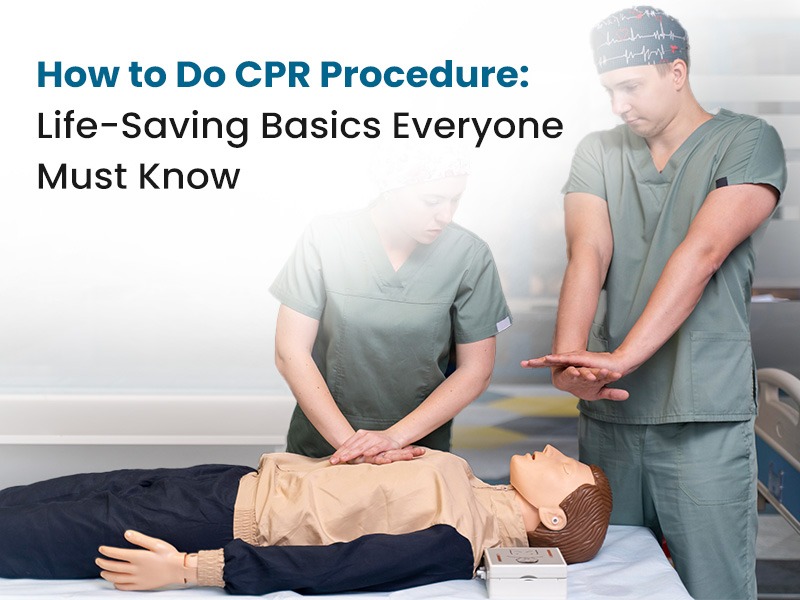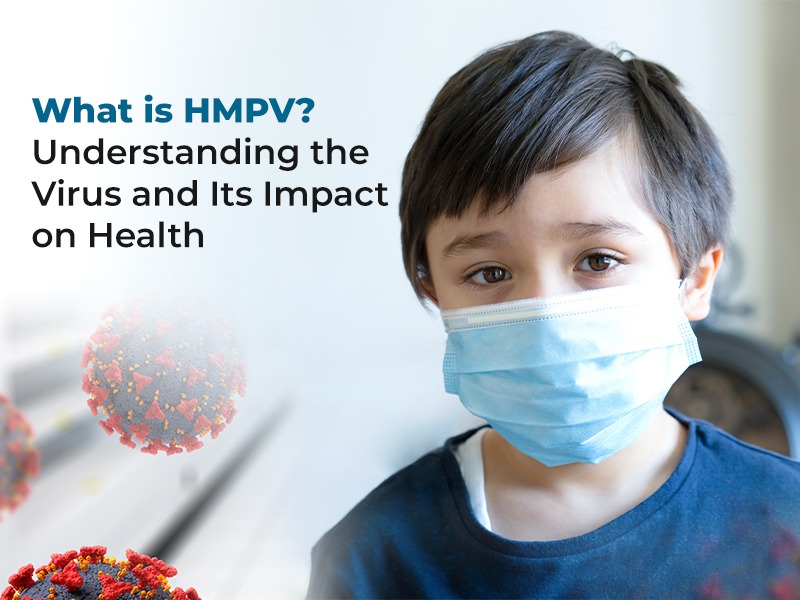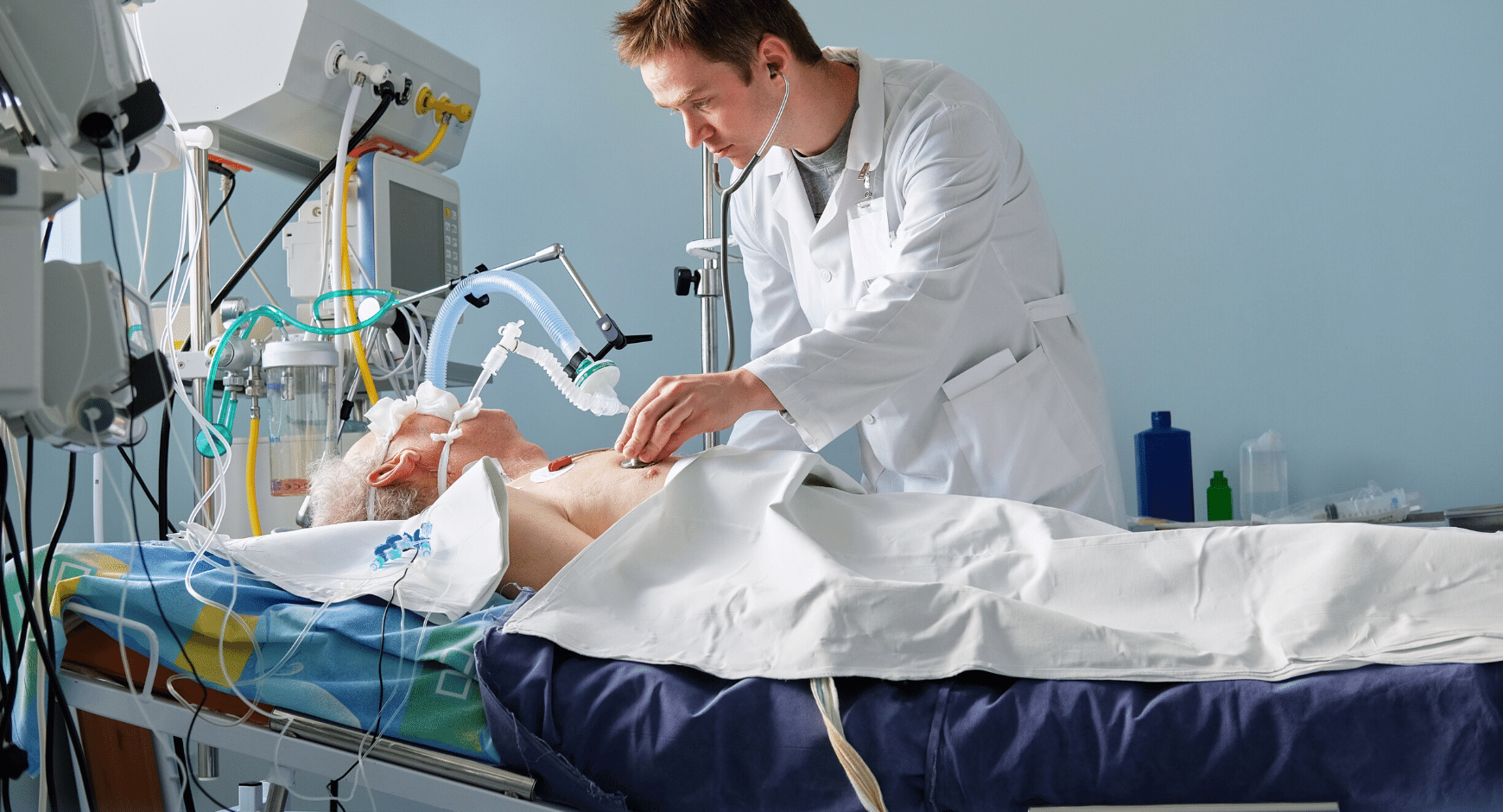Critical Care
The Park Hospital is one of the largest tertiary care hospitals in the country, with locations in Delhi, Gurugram, Panipat, Ambala, Rajasthan (Jaipur and Behror), Karnal, Sonipat, Hodal, and Faridabad. A combination of cutting-edge technology, world-class infrastructure, and skilled physicians ensures rapid recovery and unparalleled healthcare services.
Emergency Services - Ensuring the right care at the right time With the combined efforts of the Emergency Services and Critical Care Department, we ensure the right care is provided to the patients who need it urgently. When it comes to an emergency or other critical situations, Park Group of Hospitals houses the best services & infrastructure
• Completely equipped bed stations • Ambulance services • Helipad services - Air Ambulance • Optimum nurse to patient ratio
Critical Care
Critical care is a branch of medicine that deals with the diagnosis and management of life-threatening conditions requiring immediate and specialized medical attention. It includes the intensive care unit (ICU) as well as other units providing similar levels of care, such as the coronary care unit and the neonatal intensive care unit.
Critical care medicine is a relatively new specialty that has emerged from the amalgamation of several existing specialties, including anesthesia, internal medicine, surgery, and paediatrics. The term "critical care" was first used in the 1950s by anesthesiologist James Elam Meeks when describing the care provided to patients in his cardiac surgery practice. However, it wasn't until the 1970s that critical care medicine began to be recognized as a distinct specialty. Today, critical care medicine is a vital part of modern healthcare. It plays a crucial role in the treatment of patients with life-threatening conditions and is an essential component of any hospital's emergency department.
The Role of Critical Care Hospitals in Different Medical Emergencies
In case of any medical emergency, Park Hospital plays a very important role. Our hospital is equipped with state-of-the-art facilities and has a team of highly skilled and experienced doctors who provide the best possible treatment to the patients.
Some of the most common medical emergencies for which people rush to the hospital include heart attack, stroke, respiratory failure, and multiple organ failure. Our hospital has specialised units that cater to different medical emergencies. For instance, the cardiology unit deals with heart related issues, while the neurology unit treats patients with stroke or brain injury.
Park Hospital also has a team of psychologists who help the patients and their families deal with the trauma associated with a medical emergency. We provide round-the-clock care to the patients and make sure that they recover from their ailment as soon as possible.
Sub-Specialities & Services
• Intensive Care Units – Experience world-class care and round-the-clock attention in our state-of-the-art Intensive Care Units. Trust us to provide you with the highest level of medical expertise, technology, and personalized attention for your optimal recovery.
•Types of Intensive Care Units- Experience unparalleled care and attention in our state-of-the-art Intensive Care Units, where your health is our top priority. We provide you with the highest level of medical expertise and round-the-clock monitoring to ensure a speedy recovery.
Choosing a Critical Care Hospital
When it comes to choosing a critical care hospital, there are a few things you should take into consideration. The first is the hospital’s reputation. You want to make sure you choose a hospital that has a good reputation for providing excellent critical care. The second thing to consider is the hospital’s location. You want to make sure the hospital is located in an area that is convenient for you and your family. You want to make sure the hospital has the resources and staff necessary to provide the level of care you need.
Our hospital has a good reputed for providing quality care and treatment. We have a staff of good nurses who are polite and humble and believe in providing high level of care. Get in touch with us for quick assistance.
Risks and Complications of Critical Care
There are many risks and complications associated with critical care. Some of the more common ones include:
• Infection: Patients in critical care are at a higher risk for developing infections due to their weakened immune systems.
• Bleeding: Patients on blood thinners or with other clotting disorders may be at risk for excessive bleeding.
• Blood clots: Blood clots can form in the legs or lungs and can be life-threatening.
• Kidney failure: The kidneys may fail to filter toxins from the blood properly, leading to kidney failure.
• Respiratory failure: The lungs may fail to provide enough oxygen to the body, leading to respiratory failure.
Critical Care Hospitals and Patient Satisfaction
There are many critical care hospitals in India, but only a few of them are consistently ranked among the best. Park Hospital is one of those few. We're proud to be recognized as a top critical care hospital, and we're committed to providing our patients with the highest quality of care possible.
We believe that our success in delivering excellent patient care starts with our team of highly skilled and dedicated doctors, nurses, and staff members. We work hard to ensure that our patients receive the best possible treatment and experience while they are under our care.
In addition to our commitment to providing outstanding patient care, we also strive to create a positive and satisfying hospital experience for our patients and their families. We know that when you're facing a health crisis, the last thing you want is to be worrying about whether or not you're getting the best possible care. That's why we make sure that our patients and their families have access to all the information and resources they need to make informed decisions about their treatment options.
We're proud of the high level of satisfaction our patients report after being treated at Park Hospital. If you or a loved one is facing a health crisis, we hope you'll consider us as your first choice for critical care.
Our Team of Experts
We have a team of highly experienced and qualified doctors who are dedicated to providing the best possible care for our patients. We offer a wide range of services and treatments, and our team is always available to answer any questions you may have. We are committed to providing the highest quality of care possible, and we hope that you will choose us when you need critical care services.
